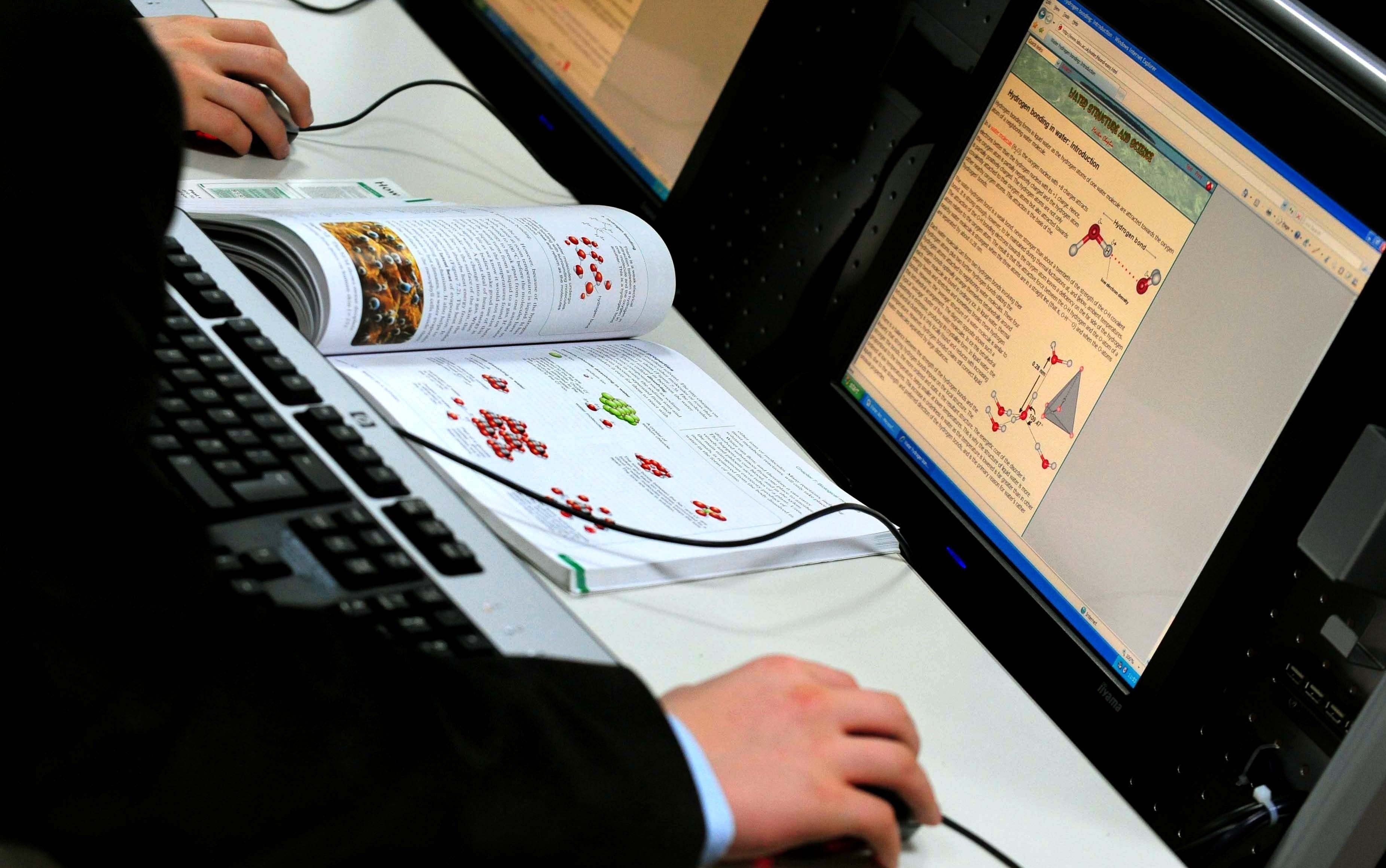Parents in England ‘disempowered’ by choice over school places
Parents in England are no more satisfied by their level of choice than parents in Scotland, according to new research.

Your support helps us to tell the story
From reproductive rights to climate change to Big Tech, The Independent is on the ground when the story is developing. Whether it's investigating the financials of Elon Musk's pro-Trump PAC or producing our latest documentary, 'The A Word', which shines a light on the American women fighting for reproductive rights, we know how important it is to parse out the facts from the messaging.
At such a critical moment in US history, we need reporters on the ground. Your donation allows us to keep sending journalists to speak to both sides of the story.
The Independent is trusted by Americans across the entire political spectrum. And unlike many other quality news outlets, we choose not to lock Americans out of our reporting and analysis with paywalls. We believe quality journalism should be available to everyone, paid for by those who can afford it.
Your support makes all the difference.Parents in England given more choice about where their children go to school are more “cynical, fatalistic and disempowered” than parents with less choice, according to new research.
In a study carried out by Dr Aveek Bhattacharya, chief economist at the Social Market Foundation parents in England, where the Government encourages choice over school places, and parents apply to multiple schools, were compared with parents in Scotland where the default assumption is for children to attend their local school.
“Whereas English policymakers have made great efforts to encourage and facilitate choice, policymakers north of the border have tended to play it down,” the paper says.
Drawing on a survey of nearly 1,000 parents in both England and Scotland overall, as well as interviews with 57 families, Dr Bhattacharya found that “despite being offered less formal choice, Scottish parents are no less satisfied and, in fact, English parents seem more disempowered”.
The survey found that the desire for choice over schools is “almost universal”, with 99% of English parents and 94% of Scottish parents reporting that it was at least somewhat important to them, although the paper also notes that “particularly in England, parents tend to see school choice as a chore; a necessary evil in order to protect their child’s interests”.
Just over a third – 35% – of parents in England said they had a “great deal” of choice over their child’s school, compared with 18% of parents in Scotland. But the paper found that “among English parents in particular, there was a widespread sense that choice is not meaningful or genuine because their applications may be rejected”, with many participants describing choice as an “illusion”.
“Understandably, the less likely families are to get into the school of their preference, the less meaningful they feel their choice is. Being invited to make a choice and then receiving something altogether different is a recipe for frustration and disempowerment,” the paper says.
As English parents are more likely to have their choice rejected than parents in Scotland, the research noted that a number of interviewees referred to the system as a “gamble” or “lottery”.
These findings show that parents offered a range of options for their children’s school are no happier than parents who have less choice about education
The paper offers other suggestions about why English parents may feel no better off despite having more choice, noting that choice is limited in Scotland, with an opt-out system for parents unhappy with their local school, who are able to make a “placing request” for another, seen as enough.
It adds that the English system involves more uncertainty, with English families facing a wait to learn the outcome of applications, whereas Scottish families generally know their child’s school place months or years in advance.
It also suggests that “the rhetoric in England seems to raise expectations above what is delivered” when it comes to choice.
Dr Bhattacharya said the paper added to “growing evidence that school choice policies have failed to bring the benefits they were supposed to”.
“These findings show that parents offered a range of options for their children’s school are no happier than parents who have less choice about education,” he added.
“That might vindicate Scottish policymakers that have resisted the marketisation of school education. However, it is unclear whether in England the genie can be put back in the bottle, as parents may resent choice being taken away from them now it has been granted.”
The findings were revealed as more than half a million families in England are submitting their primary school applications, due in on 15 January.